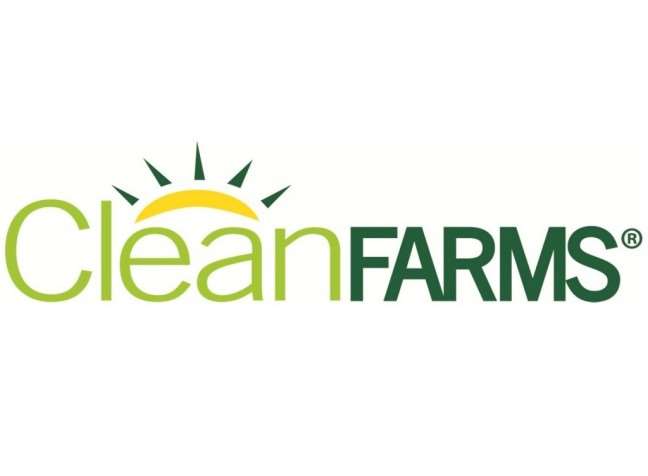Collections are running until September 23
By Diego Flammini
Assistant Editor, North American Content
Farms.com
Farmers in Alberta and British Columbia are encouraged to bring obsolete pesticides and medications to collection sites for safe disposal.
The free program is put on by CleanFarms, in partnership with the Canadian Animal Health Institute and CropLife Canada.
According to CleanFarms, since the program’s inception in 1998, more than two million kilograms of obsolete pesticides have been collected and disposed of.

Approximately 40,000 kilograms can be attributed to farmers from Alberta’s Peace Region.
"Alberta farmers are environmentally conscious and are pleased to partner with CleanFARMS to safely dispose of obsolete pesticides and livestock medications," said Shannon Scofield, executive director of the Alberta Federation of Agriculture, in a release. "The CleanFARMS collection program provides an excellent one-stop service for Alberta farmers to continue to protect the land."
Farmers have until Friday to dispose of their pesticides and medications at the following locations:
Thursday, September 22
- Richardson Pioneer in Dawson Creek, BC
- Richardson Pioneer in Manning, AB
Friday, September 23
- UFA in Fairview, AB
- Crop Production Services in High Prairie, AB
The locations are open from 9 a.m. to 4 p.m.